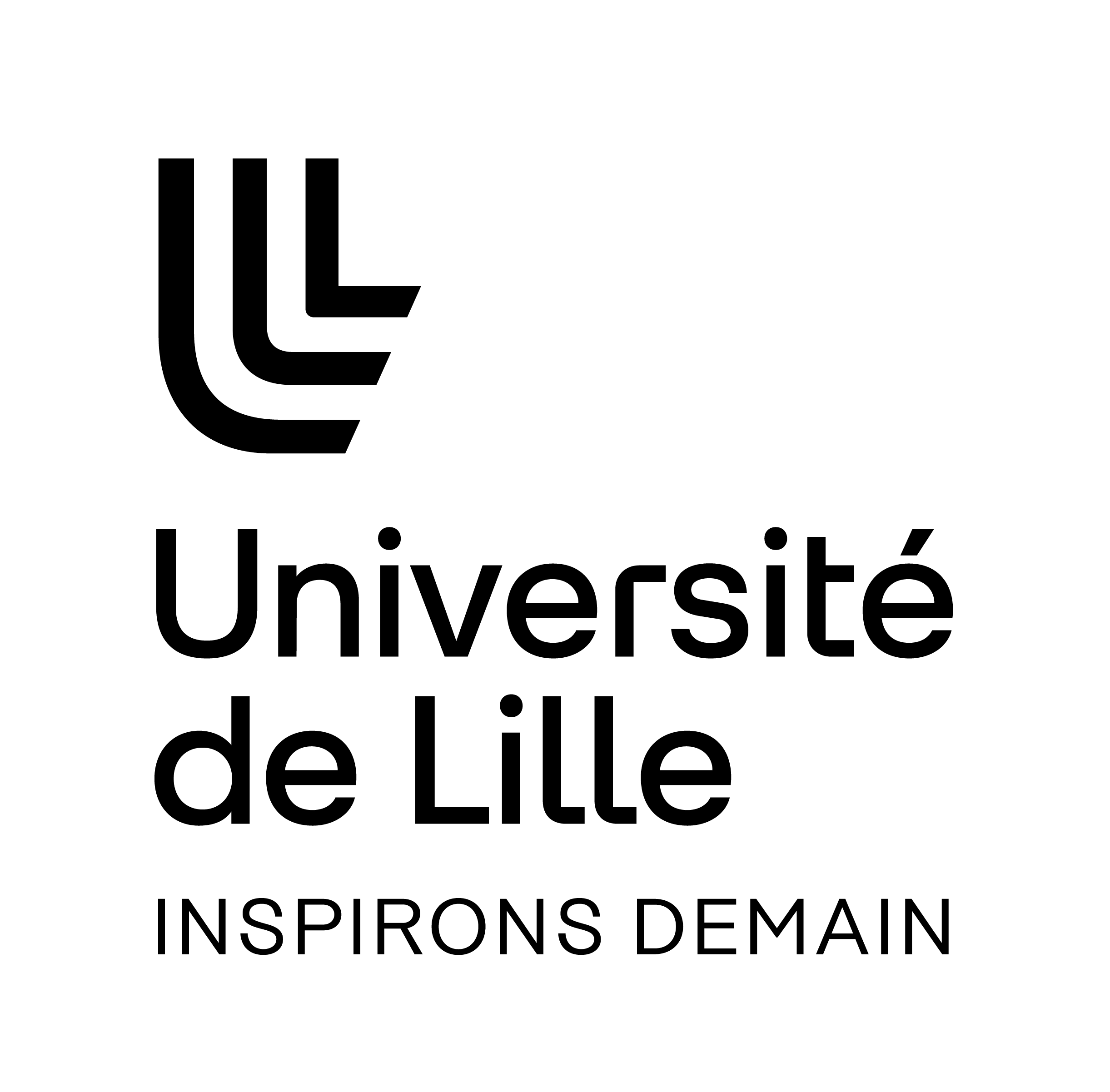Media culture in Provincial Russia : Both censored and autonomous ?
Résumé
Two recent developments in Russia-- Putin's effort to build a power vertical by substituting gubernatorial elections with presidential appointments and the 2008 economic downturn--appear to have contributed to "new old" norms in Russian media. The study is based on interviews and newsroom observations conducted over five years (2007-2011) in four newspapers in a Russian province. Approximately 60 rank-and-file reporters, editors and local public officials were interviewed. The study found that by subsidizing media from the regional budget, the regional government has essentially outsourced their media relations functions to the regional news outlets. This suggests the current media systems have become "neo-Soviet" (Aslund, 2007; Oates, 2007). xml:namespace prefix = o ns = "urn:schemas-microsoft-com:office:office" /> Within newsrooms, older staff members delegate a job considered the "least wanted" (e.g., covering government news conferences) to younger reporters. This practice is one of the indicators of a gap between the two cohorts of journalists. It appeared this gap is both a contributing factor to and consequence of a clash of subcultures within Russian newsrooms. Like many other organizations (Trice, 1993), the media outlets under consideration have developed their unique core culture and subcultures. The main subcultures in this particular sample are based on age and a related variable--years of newspaper experience. While the older generation perceives the younger cohort as immature and unprofessional, young reporters think of their seasoned colleagues as selfish and unwilling to help them master the craft. This longitudinal study indicates that over time, beginning reporters tend to bent their attitudes and beliefs to fit their organizations dominated by older colleagues (even though the two subcultures still can be quite easily distinguished). In his regard, Warren Breed (1955) argued there are two types of professional norms in news organizations: technical (writing stories in an efficient manner) and ethical (reporters' obligations to readers and the occupation to adhere to the profession's ideals). A newspaper policy (manifested through "slanting" a news story) often contradicts ethical norms. Although the policy is covert in its nature and the publisher cannot openly force newcomers to follow the policy, they nevertheless confirm to the rules. Breed (1955) offered an explanation of why reporters might ignore professional and societal ideals and "produce results insufficient for wider democratic needs" (p. 335): The source of rewards is located among colleagues (not readers), and reporters re-define their professional and societal ideologies to gain acceptance by the newsroom group (Breed, 1955). Recent research (Erzikova & Lowrey, 2010) has shown that censorship and self-censorship in the contemporary Russia are not only the result of external pressure; they are also an element of the "habitus" (Bourdieu, 1984) of Russian journalists, learned partly through socialization in the workplace. In other words, older journalists (management) immerse younger reporters into a culture of censorship from the start by assigning them to cover government activities. As a consequence, inexperienced reporters produce propaganda-like stories (dull and straightforward) that contribute to decreasing public trust in news media. A growing concern over the trust decline pushed the regional government and media to find ways for the press to appear legitimate in readers' eyes. The model for legitimacy is the continuing notion of a perestroika-era "detached" news media that is willing to confront the powerful, coupled with the traditional notion of Russian media as defender of everyday people. The pervasive "media logic" of such a journalistic model is recognized by both officials and journalists, resulting in negotiated, choreographed arrangements between them. Particularly, one private regional newspaper criticizes government bureaucrats on agreed-upon issues and let the officials comment on the situation. The paper poses as a watchdog, and the government pretends it is accountable to the populace through the media. The government encourages a government-run paper's reporters to go after low-level bureaucrats to appear independent and aggressive. These scripted arrangements are inappropriate from a normative journalistic stand point; yet, they allow reporters to exercise some control over work, and they actually do lead to small changes in government actions. It appears that over time, economic dependency on the regional government has brought the government and media together and--unexpectedly--journalistic autonomy seemed to increase somewhat. Partly this seems a consequence of the Kremlin's agenda to make regional governors take responsibility for the socio-political situation in their provinces (Moses, 2010). Pretend openness (Rulyova, 2010) and accountability of the regional governments supposedly serves to prevent public unrest in economically depressed regions. Journalists take some advantage here by claiming a limited degree of autonomy and enhancing the core culture. However, this autonomy is founded on a choreographed arrangement, which itself derives from a media logic about the normative role of journalism in this province - a logic shared to a great degree by government, media and the populace. Key words: journalism, organizational culture, censorship, Russia.
